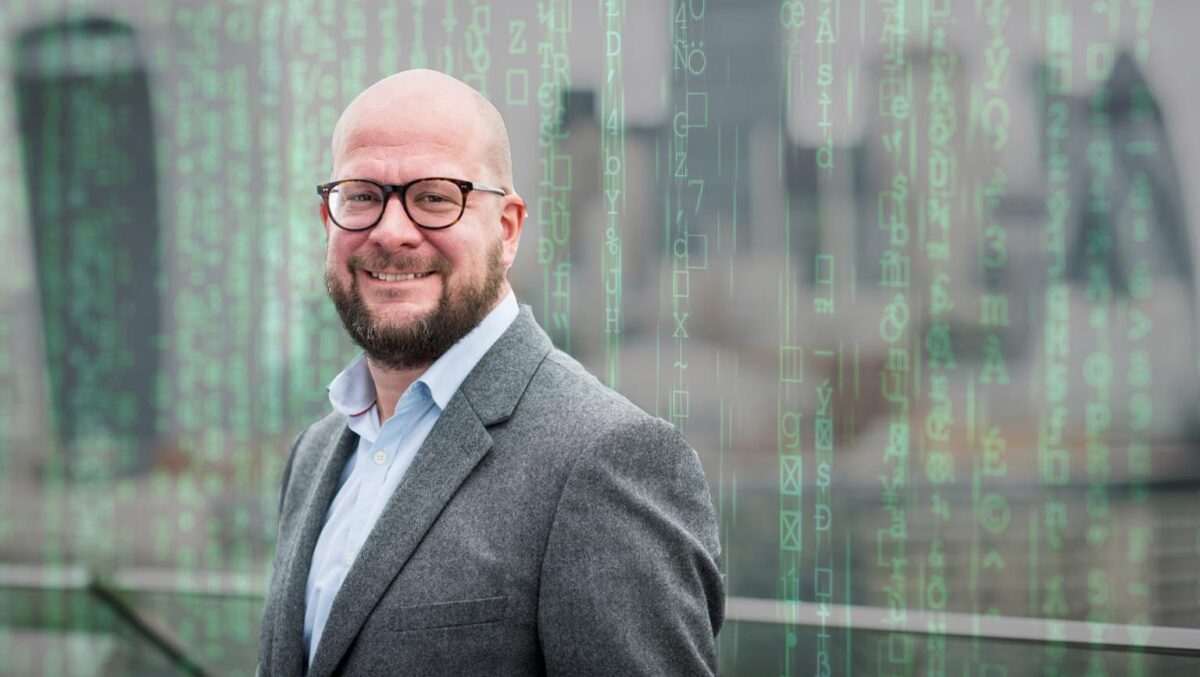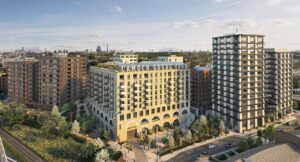
The Basement Gym + Studio opens in Camden Town
Camdenist readers get 50% off their first month’s membership, too

Great tech needs masses of data to reach its potential, so this is what City Hall is doing about it
It’s is international tech conference season in London – London Tech Week, Move and Cog X – where the world’s innovators converge to pitch ideas, network and upload the latest tech trends.
It’s exciting and there’s an amazing buzz. Yet, as Chief Digital Officer for London at City Hall, what weighs at the back of my mind is Mark Zuckerberg’s now-famous motto: “Move fast and break things.”
London is a global hub for the research, development and innovation of 5G and future networks, internet of things and artificial intelligence (AI).
This new digital infrastructure makes internet speeds faster, provides vast amounts of real-time data and allows the processing of data quickly and support a new generation of services and applications.
Over the next decade we anticipate an acceleration in the availability of public, private and personal smart city emerging technologies including networks of sensors, cameras, drones, robotics, mobility services, augmented and virtual reality, and automated and algorithmic decision-making.
Adoption of new technologies is also expected to rise rapidly as capability grows, costs lower and even more uses are developed.
Some of this is already visible in our city operations, but probably not in ways you’d expect (and Transport for London is globally recognised for its innovation in this area). AI is part of the traffic light network, ‘learning’ flows of traffic to phase lights and easing congestion.
Anonymised data from passengers’ mobile phones connecting to wifi gives an understanding of congestion on the Tube network. More locally, AI prototypes are being tested to plot where flytipping may happen and aid enforcement; or to predict and mitigate against localised flooding.
Data-sharing on a more basic level combines open and non-open (i.e. data with privacy or commercial considerations) to create insights and visualisations to help plan future school place demand; co-ordinate utility works from 40+ operators and developers so roads are dug up once; where the city should invest in parks; understand the complex and underlying factors behind violent crime; or neighbourhood vitality across London’s 600 high streets.
Behind all of this lies our ability to manage, share and use data in an effective and trustworthy way.
As the Chief Digital Officer for London at City Hall my big question is how big cities join-up data effectively and responsibly to better meet the needs of their residents?
This became even more important during the pandemic as decision-makers sought to understand the spread and impact of the virus. It’s also vital for making decisions or develop solutions around the climate emergency and other pressing needs.
This week Mayor Sadiq Khan announced the building of a new data platform, Data for London. It’s much like a library catalogue (and certainly not a smart city mass database!) identifying and linking data held across the city.
For the first time, it will also be governed by a city-wide oversight body. This will enable data previously held in technology and administrative silos to be shared on a case-by -case basis legally, ethically and safely and create new services or insights for the benefit of Londoners.
Future uses could include better data and services on localised air quality, electric vehicle charging points, energy efficiency, 3D models to improve public participation in planning decisions and more.
As even more new technologies that apply to our public spaces are adopted we’ve drawn up the measures in Emerging Technology Charter for London These are rules of thumb that reflect our city’s values of openness, respect for diversity, trustworthiness with data and sustainability.
It introduces a good line of questions by citizens – and our elected representatives – on why and how these technologies are implemented and how our data is being managed and used.
Our priority is to fix things, so my reflection on this week is to channel the buzz of our international events. We aim to be a bold city which moves with purpose, design and focus on what Londoners need rather than just the solutions which often generate the most excitement – exciting as they are. Check out Camdenist for more stories about what’s happening in the borough.
Theo Blackwell MBE is Chief Digital Officer for London.
Follow him on Twitter

Camdenist readers get 50% off their first month’s membership, too

A brand new hairdressing and barbering academy has landed in Camden Town and is now seeking style-conscious models and enthusiastic trainees

We speak to founder, Sol, about bringing the studio to Kentish Town

Explore the neighbourhood’s brand new neighbourhood